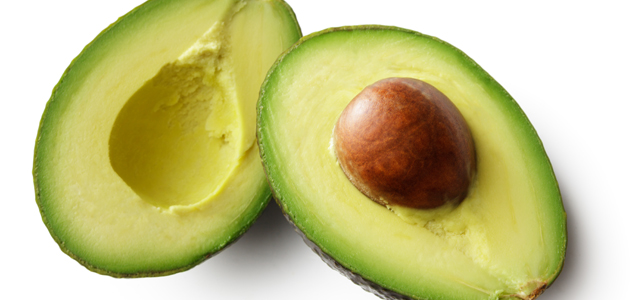Review: The Land Before Avocado
Written by Richard Glover
The Land Before Avocado examines the years from 1965 to 1975. This deep-dive into Australian history is no nostalgia trip, however. Richard Glover’s main thesis is that Australia is better off now than it was back then, a concept that he returns to again and again.
The title itself comes from a conversation that the author had with his son, who was skeptical over his claim that avocado did not exist in the Australia of his youth. While this claim itself is quickly dealt with by his research (the avocado was introduced into Australia in the 1940s), the fruit in question was used sparsely enough for him to claim victory in its rarity. And so begins his journey back in time.
From drink driving stats to smoking in public, Glover explores how Australia has changed. He combines his own anecdotal experience with an impressive array of research and quotes gleaned from interviews.
While some of The Land Before Avocado is comedic (Glover’s chapter on 70s food), there is a serious underbelly. The chapter that examines the treatment of indigenous people and migrants is particularly hard hitting, and the chapter on fault-based divorce an exploration into relationship breakdown and human misery.
Synthesising a wide range of data is a task that Glover excels at, keeping everything entertaining with his usual acerbic wit.
Not all of Glover’s offerings condemn the past. He passionately calls for a return to the simple holiday, is nostalgic for 70s music, and seems to have a real problem with the advent of social media. And yet, Glover is refreshingly well across the concerns of younger generations such as the lack of affordable housing and the threat posed by climate change.
For the church, the pull of nostalgia is an ongoing struggle. From issues involving church property ownership to debates about ordination, it is often all too tempting for Christians to look back wistfully at a time when they held power and had lots of people in the pews. Indeed, the power of nostalgia is evident throughout scripture itself. Glover’s work performs a service in presenting the past with no rose-coloured glasses, viewing it exactly as it was based on the available information.
More importantly, Glover calls upon the reader to be optimistic about the future, basing much of his own optimism on progress that has been made in a relatively short matter of time. Looking at the level of poverty and conflict over the past few decades, and comparing this to public perceptions, he finds much to be hopeful about. There is something to say about eschatology in all of this.
The Land Before Avocado is in stores now.
Jonathan Foye is Insights’ Editor






